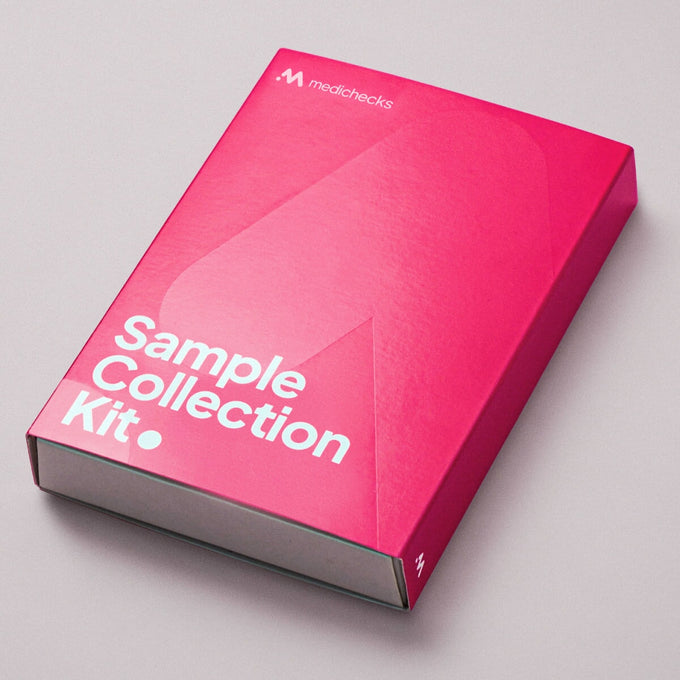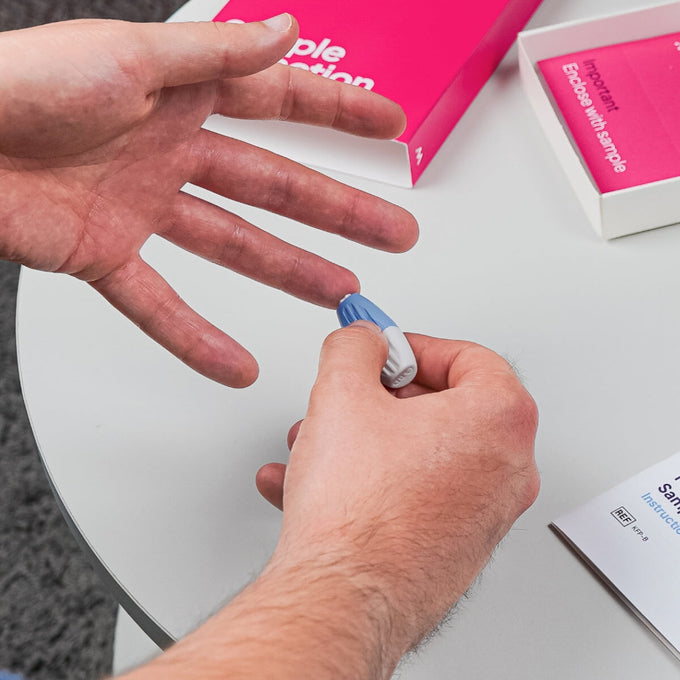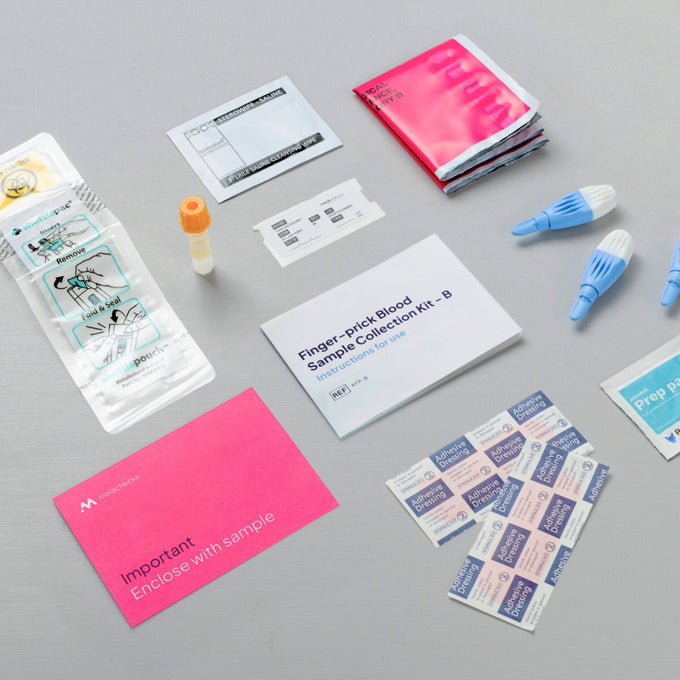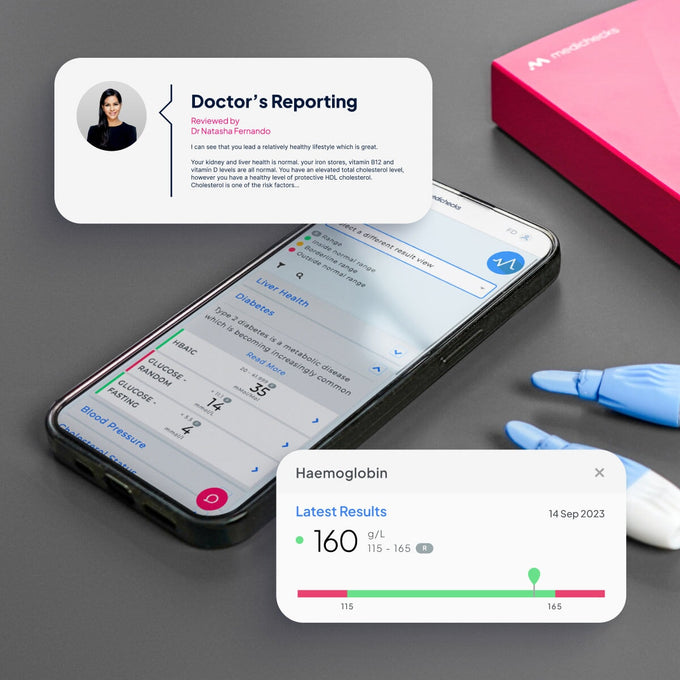Our AMH Blood Test will tell you if your AMH level is normal for your age. If you’re undergoing in vitro fertilisation (IVF), it can be useful to predict the number of eggs you’ll release as well as the dosage of medication to stimulate the ovaries.
If you receive a low AMH result, this can be a sign that your ovarian reserve is decreasing, which may affect your fertility. In these cases, your fertility doctor may recommend a follow-up ultrasound scan (antral follicle count), where a doctor counts the activated follicles within your ovaries.
Our AMH test can also help signal some reproductive health conditions. For instance, a high AMH level can be an indicator of polycystic ovary syndrome (PCOS), a hormonal condition that can affect your fertility.














